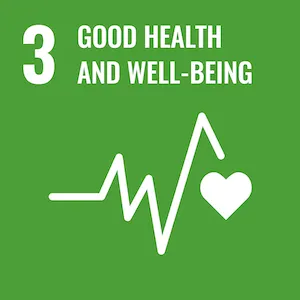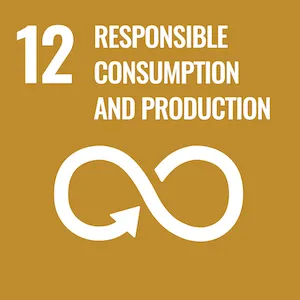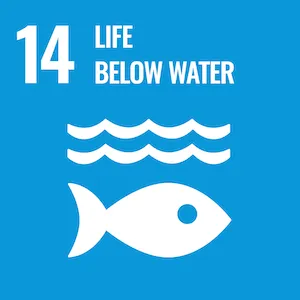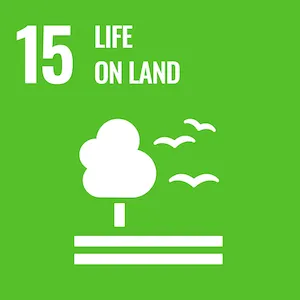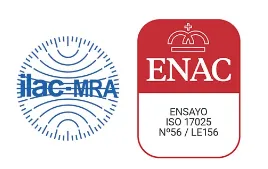Agriculture and Aquatic Environment
The plastic waste generated in the agriculture and forestry industries is currently a challenge because recycling these materials after harvesting can be complicated.
AIMPLAS seeks solutions to reduce the impact of plastic in agriculture and the aquatic environment by developing new materials and biodegradable products that are compostable in the crop soil.
We also use forestry and agricultural waste to obtain biopolymers and additives or to use them as fibres and fillers in plastic products.
To maximise the quality of harvests, we develop plastic products with natural repellents in order to contribute to pest control, thus avoiding damage caused by insects.
At AIMPLAS, we are working on the design of remediation processes and techniques to restore and improve the quality of soil, water and air, all of which are fundamental for the environment and life in general. We also implement different methods for the analysis and extraction of microplastics.
